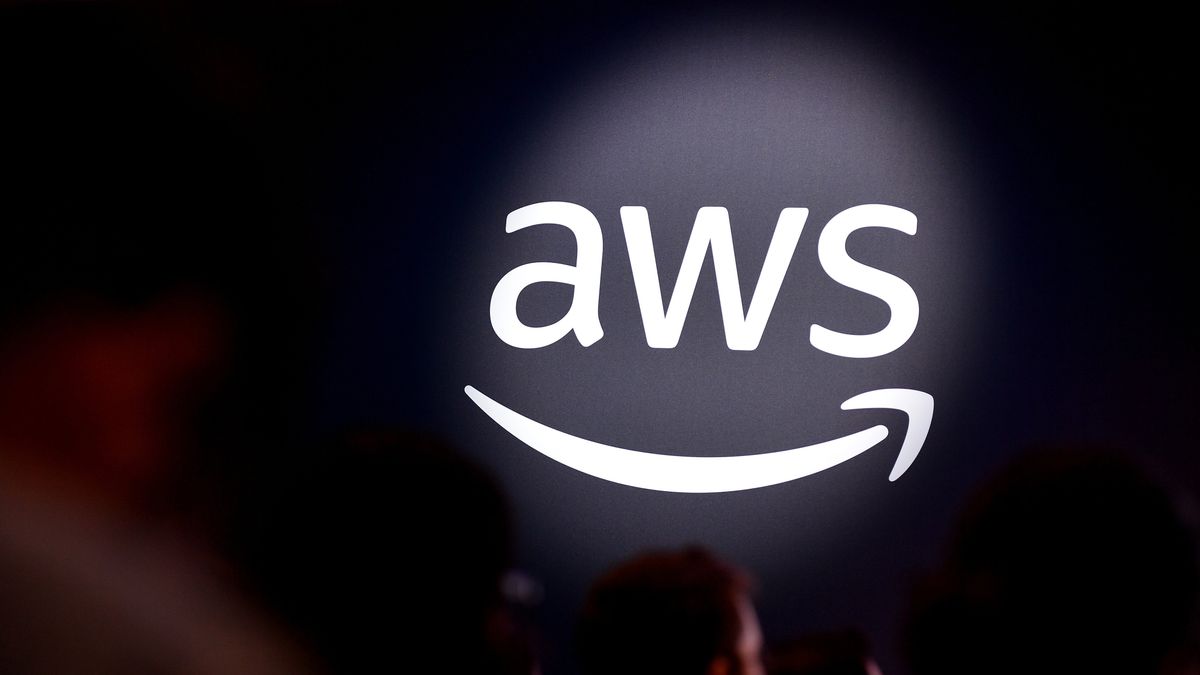Pump founder Spandana Nakka helps SMEs band together to buy cloud capacity
San Francisco-based start-up Pump wants to become the “Costco of cloud computing.” The business, launched earlier this year, says it can reduce the cloud bills of small and medium-sized enterprises (SMEs) by up to 60%, simply by enabling them to buy as a group rather than individually.
“While it’s really easy to start a business in today’s world, with no need to invest large sums upfront in technology as you spin up, your cloud costs will soon begin to add up,” warns Spandana Nakka, CEO and founder of Pump. “It can also be really difficult to figure out where those costs are coming from.”
There are potentially huge sums at stake. Research published by analysts at Gartner
IT
For many SMEs, cloud now accounts for more than 10% of their total spending, Nakka says. Only employee costs make a bigger dent on the bottom line.
Pump’s solution is built on the pricing structures at AWS, the giant cloud provider that dominates the SME market. It offers cheaper rates for cloud capacity to larger organisations that are able to commit in advance to buying significant amounts of capacity over 12-month periods. SMEs, meanwhile, are stuck paying much higher prices for capacity by the hour, because they don’t have the size or visibility to buy in bulk in advance.
“Group buying is the solution,” says Nakka. “We organize SMEs into groups and then purchase cloud space on behalf of the collective, giving them the scale to access the cheaper rates.” It’s effectively like buying your groceries at Costco, she says – SMEs pay wholesale prices even though they don’t have sufficient buying power to do so individually.
The impact can be dramatic. Pump doesn’t charge a fee to use its service, but effectively takes a cut of the savings achieved for its customers; even after this cut, it says customers will reduce their cloud bills by as much as 60%.
In the future, the business also hopes to help customers make further savings with the launch of new tools that will help SMEs to understand in much more detail where they are spending money on cloud services. One familiar complaint from finance managers in businesses using the cloud model is that it is very difficult to keep track of spending, particularly when every function of the company is able to access products and services for themselves, rather than coming through finance and IT.
As a first stab at solving this problem, Pump has just launched PumpGPT, an artificial intelligence-enabled tool that makes it possible for its customers to interrogate AWS’s processes and systems so they can use cloud more cost-effectively. Nakka points out that while AWS charges 10% of a customer’s monthly bill if they want access to full-scale business support, PumpGPT is a free service. Trained on AWS’s documentation, it should be able to answer many of the questions SMEs currently have to put direct to AWS.
As for AWS, it is relaxed about working with Pump as an intermediary, Nakka says. The business is used to working with resellers of its cloud space such as the large consultancies that advise their clients on cloud; it also benefits from having Pump as a single point of contact for billing and account inquiries, rather than having to deal with hundreds or thousands of small customers individually.
So far, Pump has signed up around 200 customers, largely in the US, enabling it to save around $12 million a year, the company says. Backed by the Y Combinator accelerator dedicated to technology companies, it also has begun raising investment.
Paul Lee, a board partner at Tribe Capital, one early investor in the company, says the rapid early growth is encouraging. “They’ve quickly hit the 200 customers milestone and are growing quickly,” Lee says. “PumpGPT will be game-changing and shows how determined they are to get under the hood of the pains that businesses are facing right around the world.”











